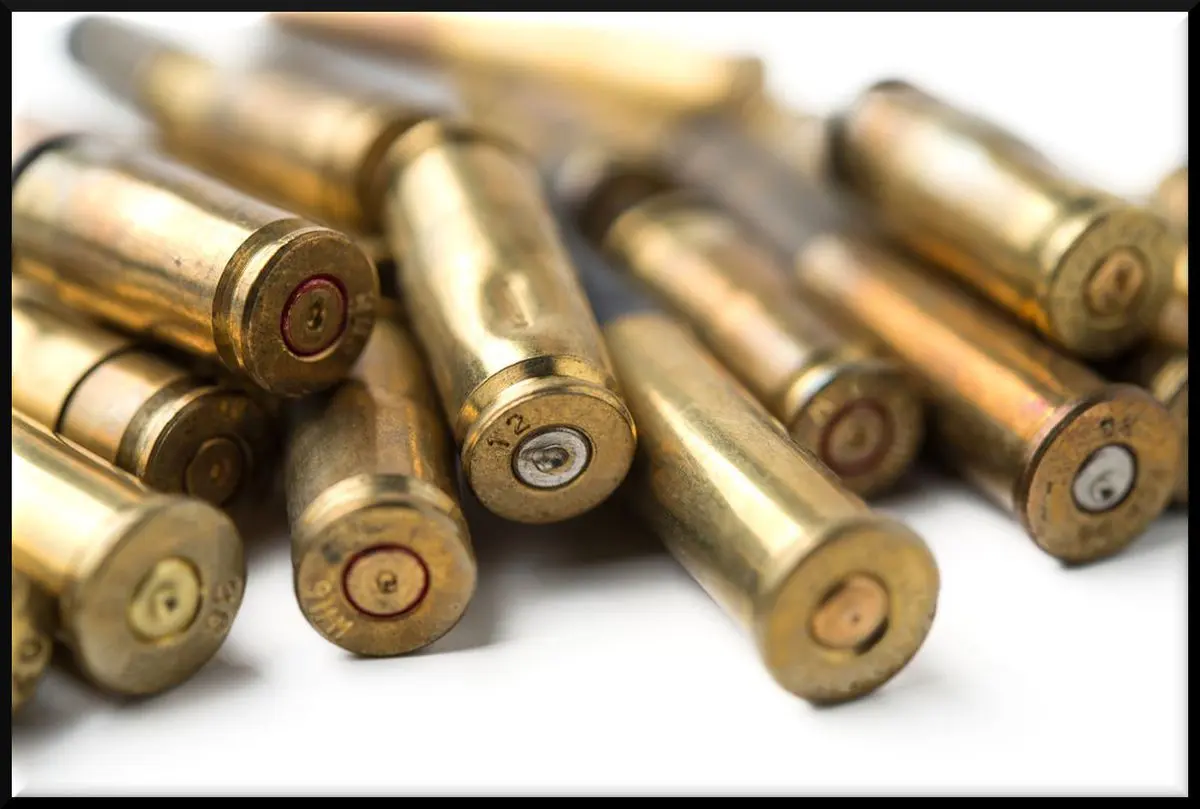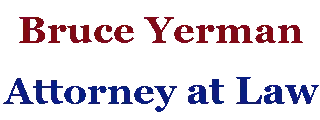
Table of Contents
New York’s Punitive Gun Laws
As a gun lawyer, I defend clients charged with unlawfully possessing and selling firearms and other weapons.
While the Second Amendment guarantees that “the right of the people to keep and bear Arms, shall not be infringed”, possession of firearms is strictly regulated in New York State, especially in New York City.
To avoid violating New York’s gun laws, it’s important to understand them. Perhaps the most important thing to understand is that illegally possessing a firearm in New York can result in:
- A felony conviction, and
- Mandatory prison time
Many US citizens unwittingly violate the law by entering New York with firearms that they lawfully possess in their home state. The damage this may cause to a person’s life can be tragic.
Unless you’re otherwise exempt, you must apply for a gun license online to legally possess a handgun in New York City.
Weapon Possession Laws in New York
New York has some of the toughest weapons laws in the country, with especially tough sentences reserved for firearms.
Be careful when reviewing these laws. They’re confusing. Don’t attempt to interpret or act on any weapons laws in New York without the consulting a gun lawyer.
For example, possessing a loaded firearm in New York is a Class A misdemeanor, with a maximum sentence of 1 year in jail. However, it’s also a Class C felony, with a maximum sentence of 15 years in prison and a minimum sentence of 3½ years. Understanding only some gun laws could cause you to greatly underestimate your potential criminal liability. Don’t try to figure out the law yourself. Consult a gun lawyer.
The following are some of New York’s weapon possession laws:
Criminal Possession of a Weapon in the Fourth Degree
Criminal possession of a weapon in the fourth degree carries a maximum sentence of 1 year in jail.
Includes possessing any of the following weapons, with or without the intent to use the weapon unlawfully:
- Firearm, loaded or unloaded
- Electronic dart gun
- Electronic stun gun
- Gravity knife
- Switchblade knife
- Pilum ballistic knife
- Metal knuckle knife
- Cane sword
- Billy
- Blackjack
- Bludgeon
- Plastic knuckles
- Metal knuckles
- Chuka stick
- Sand bag
- Sandclub
- Wrist-brace type slingshot or slungshot
- Shirken
- Kung Fu star
Includes possessing the following weapons with intent to use it unlawfully:
- Dagger
- Dangerous knife
- Dirk
- Machete
- Razor
- Stiletto
- Imitation pistol
- Any other dangerous instrument or weapon
Includes possessing the following weapons by a person convicted of a felony or serious offense:
- Rifle
- Shotgun
- Antique firearm
- Black powder rifle
- Black powder shotgun
- Muzzle-loading firearm
Includes possessing any dangerous or deadly weapon by a person who isn’t a citizen of the United States.
Includes knowingly possessing a bullet containing an explosive substance designed to detonate upon impact; or armor piercing ammunition with intent to use the same unlawfully against another person.
Speak with a gun lawyer if you have questions about lawfully possession any weapon.
Don’t Risk Gun Charges
Schedule a FREE CONSULTATION with Bruce Yerman, Attorney at Law
Criminal Possession of a Firearm
Criminal possession of a firearm carries a maximum sentence of 4 years in jail.
Includes possessing any firearm, whether loaded or unloaded.
This 2013 law elevated possession of an unloaded firearm from a misdemeanor to a felony.
Criminal Possession of a Weapon in the Third Degree
Criminal possession of a firearm in the third degree carries a maximum sentence of 7 years in jail.
Includes the following:
- Committing the crime of criminal possession of a weapon in the fourth degree (see above), by a person who has beenpreviously convicted of any crime (but not possession of a long gun by a person convicted of a felony or serious offense).
- Possessing a bomb, bombshell, firearm silencer, machine-gun, or any simulated machine-gun.
- Knowingly possessing a defaced machine-gun, firearm, rifle or shotgun.
- Possessing three or more firearms.
- Possessing a firearm outside one’s home or place of business, after having been previously convicted of a felony or a class A misdemeanor within the past five years.
- Knowingly possessing a disguised gun.
- Possessing an assault weapon.
- Possessing a large capacity ammunition feeding device.
- Possessing an unloaded firearm while committing a drug trafficking felony.
- Possessing an unloaded firearm while committing a violent felony offense.
Criminal Possession of a Weapon in the Second Degree
Criminal possession of a weapon in the second degree carries a maximum sentence of 15 years in jail.
Includes:
- Possessing a machine-gun, with intent to use the same unlawfully against another person.
- Possessing a loaded firearm, with intent to use the same unlawfully against another person.
- Possessing a disguised gun, with intent to use the same unlawfully against another person.
- Possessing 5 or more firearms.
- Possessing a loaded firearm.
Criminal Possession of a Weapon in the First Degree
Criminal possession of a weapon in the first degree carries a maximum sentence of 25 years in jail.
Includes the following:
- Possessing any explosive substance with intent to use the same unlawfully against the person or property of another.
Don’t Risk Gun Charges
Schedule a FREE CONSULTATION with Bruce Yerman, Attorney at Law
Exemptions
There are numerous exemptions to New York’s laws outlawing guns and other weapons.
For citizens who aren’t members of the military or law enforcement, the most important exemption is for “possession of a pistol or revolver by a person to whom a license therefor has been issued” by the State of New York.
You can find the full list of New York’s exemptions here.
Note that New York doesn’t recognize a firearms license issued by any other state. Only New York can license you to carry a firearm in New York.
Very important, only New York City can license you to carry a firearm in New York City:
Subject to limited exceptions, possession of a handgun or rifle/shotgun in New York City requires a license (for handguns) or a permit (for rifles/shotguns) issued by the NYPD License Division.”
NYPD License Division
A New York State issued license or permit will not authorize you to carry a firearm in the City. If you have intend to carry a firearm in New York City, contact a gun lawyer to determine whether you legally may do so.
Illegally Seized Evidence
If you’ve been charged with possessing a gun or any other weapon, you need to explore all possible defenses, including “suppression”.
Suppression is a remedy that courts apply when police illegally seize evidence. When a court grants suppression, the prosecutor may not introduce illegally seized evidence at your trial.
For example, if police enter your home and search it without a warrant, consent, or “exigent circumstances”, and find a gun inside your bedroom closet, the gun should be “suppressed.” If the gun is suppressed, the prosecutor can’t introduce evidence about the gun at your trial. Without this evidence, gun possession charges might be dismissed as unable to be proved.
Free Consultation
Bruce Yerman is a gun lawyer in New York City. His office is located in Suite 1803 of 299 Broadway in Manhattan. If you’d like a free consultation to discuss criminal defense or family law, call Bruce at:
Or email Bruce a brief description of your situation:
